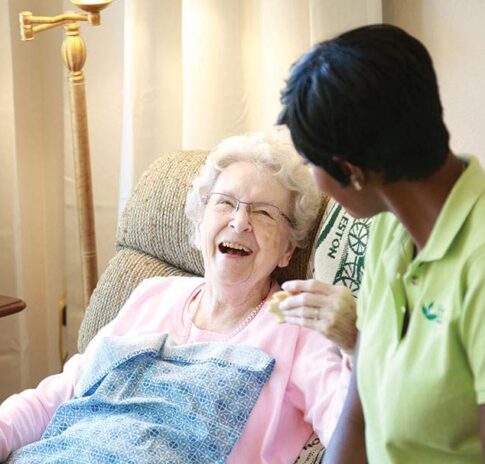Many people, including the elderly, caregivers and home care agencies, are wondering how the Dept. of Labor’s proposed changes to the companionship and live-in worker regulations will affect the in-home care industry.
In 1974, these regulations originally created a limited exemption from both minimum wage and overtime pay requirements to domestic service workers (i.e. casual babysitters, home companions, maids/home help). Although the regulations have gone unchanged, the in-home care industry has changed dramatically and grown substantially. Yet, the earnings of in-home care employees remain among the lowest in the service industry—the caregivers that are now employed by in-home care agencies are not the same as what Congress envisioned when it enacted the exemption but nevertheless, agencies continue to take advantage of these exemptions. Here are the proposed changes to the regulations (as stated on the Dept. of Labor website):
– To more clearly define the tasks that may be performed by an exempt companion
– To limit the companionship exemption to companions employed only by the family or household using the services. Third party employers, such as in-home care staffing agencies, could not claim the exemption, even if the employee is jointly employed by the third party and the family or household.
This change in the ruling simply closes an “exemption” on a federal level which was never intended for the home care industry. It’s a positive ruling in the sense it provides for the fair treatment of all overtime worked and paid as a new standard in our industry. It truly legitimizes our industry to insure business practices are standardized across the board for caregivers and all employees who earn hourly compensation. The increasing demand for non-medical care services is being fueled by many demographic, societal, economic and cultural factors and this change in the DOL ruling was expected to occur eventually. It is unfortunate that many of the companies in our industry have chosen to operate using this exemption as a standard practice for many years, but now cry foul as if an entitlement has been taken away.
One belief among those in the home care industry is that this ruling will raise healthcare costs while lowering the quality of care received. For those companies in our industry who do not closely manage caregivers and hours worked, this will create a major challenge to their continued margins and will likely affect their cost structure leading to a potential decline in the quality of care. However, for those who have maintained fair practices of paying overtime from the start, the quality of care should not be affected at all. Pricing for services may be adjusted upward for live-in clients who choose this level of care only, but this is also not a large contingent of clientele. There are service and care options which clients can freely choose that enable care to be maintained without sacrificing quality.
The lobbying and protesting of this ruling of many prominent home care agencies only serves to keep our industry in a small, exemption-driven position when it is truly one of the fastest-growing segments of healthcare, and, serves to divide providing companies in our industry instead of uniting all companies under the proper employment practices to value our caregivers as they deserve.
